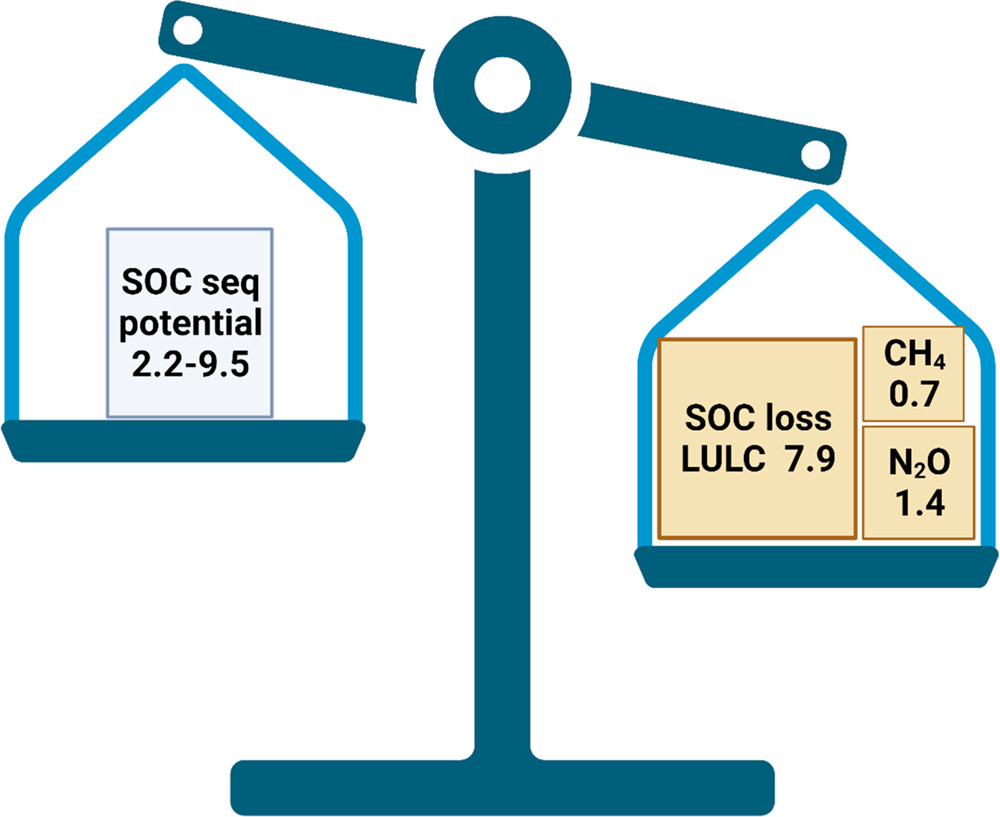November 20, 2023 | Environmental Science & Technology |
Introduction: The focus on soil organic carbon (SOC) sequestration as a climate change mitigation strategy is facing scrutiny as time draws close to COP28. Scientists from University of Sydney, Australia and various international research institutions re-evaluate the effectiveness of initiatives like the 4per1000 in terms of increasing SOC to combat climate change.
Key findings: The historical loss of SOC due to intensive agriculture has led to its proposal as a carbon sink, but on-going agricultural development and practices contribute significantly to greenhouse gas emissions, equivalent to 25% of current fossil fuel emissions. Halting SOC loss is as important as investing in sequestration. In addition to climate change, in terms of food and water security, and biodiversity preservation, soil emerges as a crucial nexus, as various ecosystem functions are dependent on SOC. Increasing SOC not only aids climate mitigation but also improves drought resilience, soil fertility, and crop production. To advance our understanding and management of SOC, a comprehensive theoretical framework is needed, integrating soil health and climate change considerations. Novel technologies can enhance measurement and manipulation of soil functions, contributing to efficient food production and informed policy development.

Fig. | Annual soil greenhouse gas balance (in petagrams of CO2-e). The soil organic carbon sequestration potential on cropping lands remains lower than soil-based emissions of CO2, N2O, and CH4.





